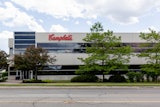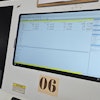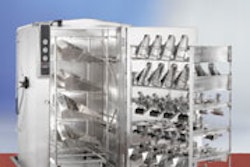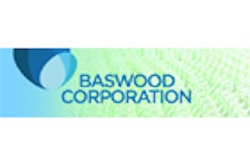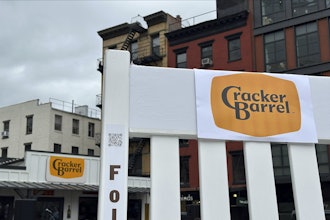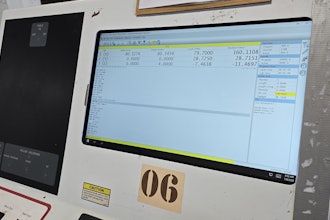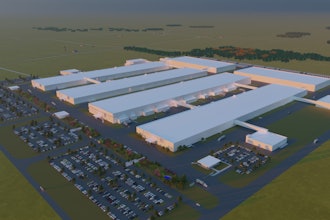Food Manufacturing spoke with Henry Charrabé of RWL Water about the newest technologies available for water and wastewater treatment in the food and beverage industries.
Q: How important is water and wastewater treatment to the industry, and what are the best practices in water treatment?
A: Food plants require a large volume of water to process foods, clean plant equipment and remove waste products. It takes nearly 35 gallons of water to produce just one cup of coffee because a great deal of water is needed to cultivate and process coffee beans. The enormous amount of wastewater that must be treated is a burdensome cost for many food manufacturers. This is why water and wastewater treatment presents both a challenge and an opportunity for food plant operators.
Today’s best practices in water treatment focus on achieving operational efficiencies, energy reduction, environmental impact minimization and waste-to-energy solutions. RWL Water helps to create new energy, while treating wastewater with our anaerobic digester technology. This technology takes high organic waste material and is able to create clean methane gas that can then be burned for energy production. We are also a leader in aerobic treatment strategies to optimize aeration and mixing in wastewater treatment to optimize the wastewater treatment process. Additionally, we can help create the most energy-efficient pure water for use as an ingredient or to create clean steam for use in the manufacturing process.
Q: What is RWL Water’s new technology for food manufacturing facilities, and how does it work?
A: RWL Water offers a way for food plants to turn its waste into a new source of income by using our new technologies that process wastewater onsite and converting it into energy. Wastewater contains ten times more energy than is needed to treat it. For food manufacturers, it is an abundant and underutilized source of energy. Through our subsidiary, Eurotec WTT, we utilize a process of biological treatment of these compounds and apply aerobic and anaerobic biomass technologies. As a result, our food processing customers are able to reduce their wastewater treatment costs and generate a new source of income from water recycling and energy production.
Q: What other services does RWL Water offer the industry?
A: We offer a number of other services to the food manufacturing industry. For example, our subsidiary Eurotec WTT has its own chemical-physical-biological laboratory for analysis of process and wastewater, and for performing microbiological tests. Eurotec WTT also has its own experimental development program, using easily modifiable pilot equipment for reproducing any water and fruit juice treatment on a reduced scale. Other services include:
- Water resource analysis
- Environmental impact checks
- Feasibility studies and pilot plants
- Definition of proposed technical solution
- Basic design
- Plant design
- Works management
- Quality control
- Technical and functional testing
- Remote monitoring
Q: How does RWL’s project financing work?
A: We offer the option of buying water by cubic meter of treated water (process or wastewater) over five to 20 years, rather than incurring very costly upfront capital expense. This can be achieved through a financing package from our financial subsidiary that is unique in the middle market segment. We also offer O&M plans including Build-Own-Operate-Transfer (BOOT) and leasing for small- and medium-sized projects, so we can be involved in running, building and operating the entire plant, too.
Q: What should food plants consider when looking at water and wastewater treatment options?
A: It’s important for food processing plants to realize they can benefit from new technologies and methods that effectively manage their water resources and lower operating costs. As competition increases in the food manufacturing industry, there is greater benefit to evaluating new water and wastewater treatment options that help companies meet the bottom line. Historically, many plant operators had no choice but to procure various components and pieces of equipment from multiple vendors. Today, groups such as RWL Water Group can provide a full range of technologies and services to take the entire water treatment process off customers’ hands.
Interview by Lindsey Coblentz, Associate Editor
